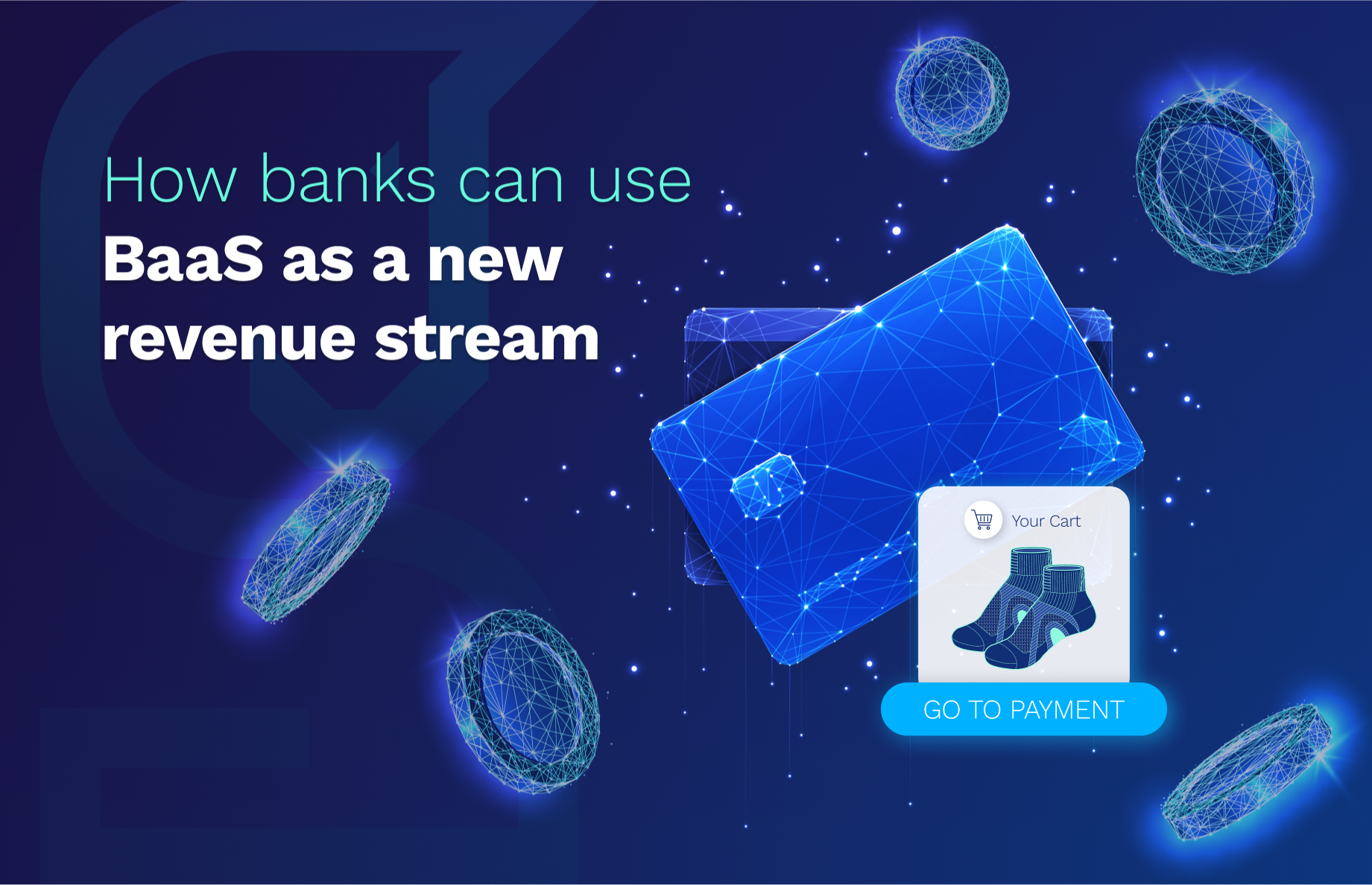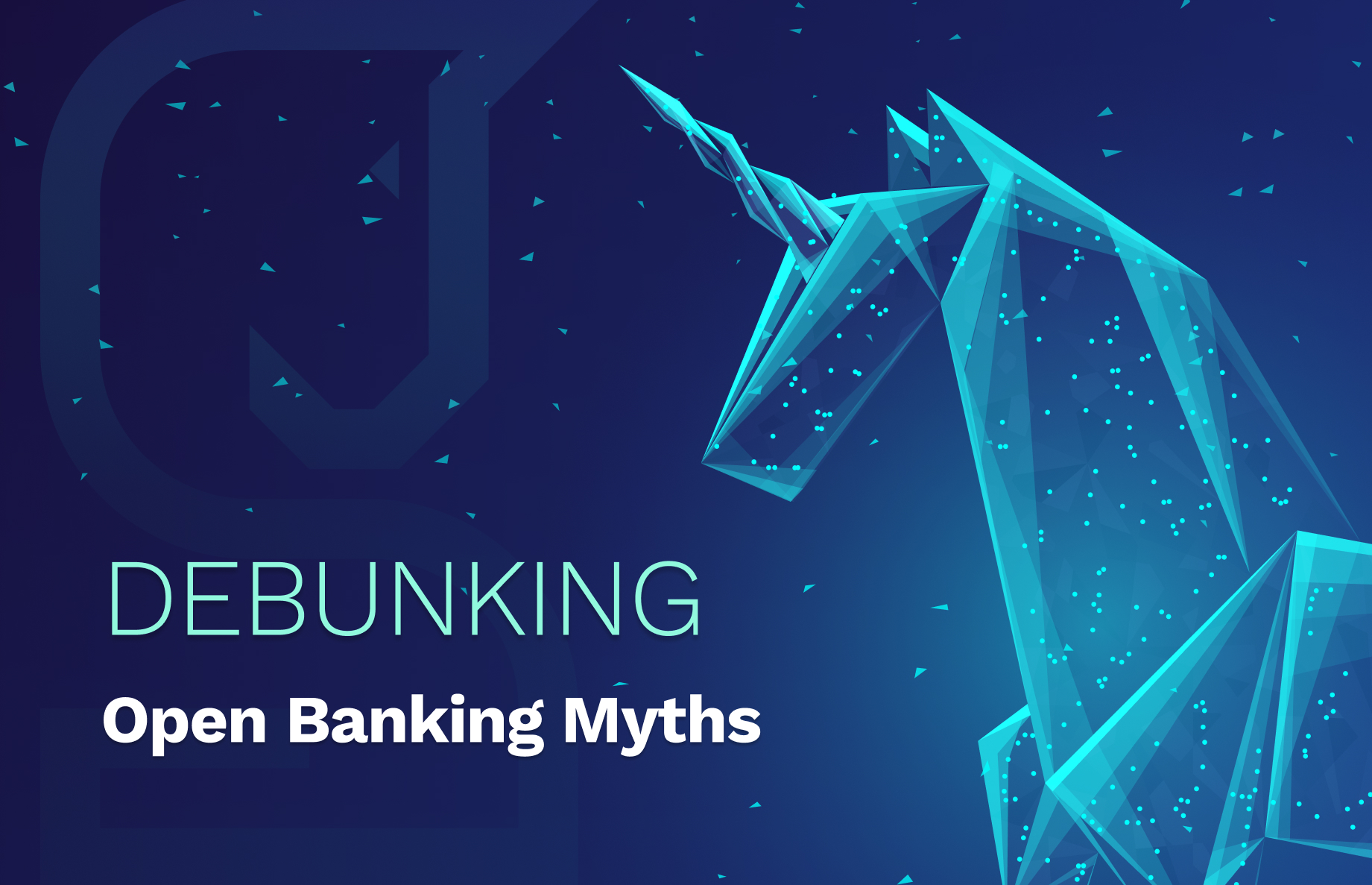Open Banking: Unlocking Opportunities for Customers and Banks
Open banking allows consumers to access and share their data with authorized third parties.
Published February 1, 2023

I. Benefits for consumers
Competition sparks innovation
Open Banking was first adopted as an initiative to increase competition which ultimately promotes innovation in the financial services industry. Through the use of open banking systems, data owners are free to switch between financial service providers with a fast and inexpensive transfer of their data accounts. For the customers, this is good news, as when there’s high competition, they have access to a higher range of deals, services, and experiences.
We can make the most out of data-sharing, by utilizing big data analytics to develop new financial products and services. Better financial services will be available to the general public and businesses as a result.
Access to financial services through alternative credit data
Open Banking enables customers to buy and use financial services to which they might not otherwise have access. The old way was for a bank to use information about someone’s credit history and bank records. A bank may decide that they can’t give a person a loan because of credit scores. But many people without financial records don’t have credit scores. SMEs may also struggle because they don’t have enough formal records for banks to approve their loan.
Data is used in the context of credit to verify identify and show creditworthiness. Cards, loans, mortgages, and current accounts are all part of traditional credit information. Alternative data, on the other hand, refers to details that have not previously been included in a credit report.
This could mean looking at data about the person’s rent, phone, utility bills, and other spending habits, to assess the creditworthiness of borrowers. (Making The Invisible Visible | Experian, Experian 2018)
User convenience
It is easier for people to get loans and mortgages if their financial services provider can get the data they need quickly. Open data is better than closed data because it’s easier and faster. If a person has a digital bank account and wants to buy a house, he/she doesn’t need to work with a mortgage broker anymore. The data comes from the bank (or whatever kind of institution produces it), and apps can look at it to make mortgage applications easily.
II. Benefits for Financial Institutions
Fraud prevention
Data sharing increases the volume of information, making the signals which detect fraudulent behavior more visible. This can help a Financial Institution not only identify potentially illegal situations (such as ID fraud, payments fraud, or credit application fraud) earlier but also expand their fraud predictive modeling. (Financial data unbound: The value of open data for individuals and institutions)
Cost cutting
Open financial data could reduce costs and make it easier to incorporate automation technology, which would increase efficiency because the majority of data is still contained in paperwork or siloed digitized sources. This can enhance the consumer experience by encouraging quicker and more transparent communication with financial providers.
Open Banking reduces the number of manual data transfers that can result in mistakes, more work, and less effective results. According to an Experian research, customer relationship management is estimated to account for 20% of the revenue of the average financial institution, so preventing inaccurate CRM operations is also a good way to lower expenses.
Process optimization
An open-data ecosystem uses APIs to enable data access. The main advantage of API connectivity is the limiting of redundant processes. Third parties can rely on the KYC process that has already been completed by the bank, rather than having to independently check new customers. A successful online banking login ensures fast and easy accessibility for outside financial service providers.
How tech-savvy banks monetize BaaS
BaaS provides new revenue streams beyond traditional banking. It helps you stay relevant and innovative, allowing you to compete with FinTechs. BaaS enables.
5 Open Banking myths that almost got small banks fooled
Inflation has far-reaching implications, not only for consumers and businesses but also for financial institutions
Don’t fall behind!
Get notified of new articles (only once a month)


